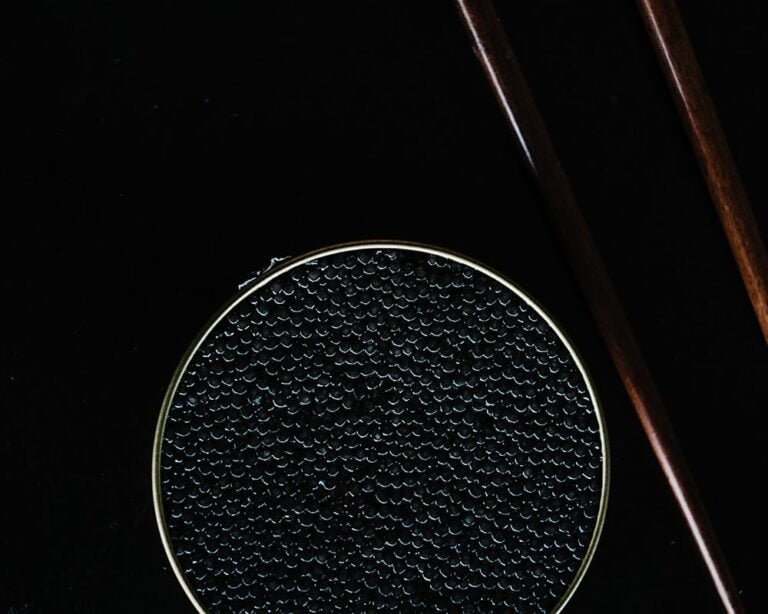phoque
“Un phoque” is a French masculine noun meaning “a seal,” referring to the marine mammal.
Idiomatic expressions
- “On n’utilise plus les vraies peaux de phoque pour le ski de randonnée.”
Translation: “Real seal skins are no longer used for backcountry skiing.”
Originally, seal skins were attached to the undersides of skis. This enabled the skier to walk/slide uphill without slipping backwards. These days, synthetic fur is used instead. However, the modern synthetic versions are still referred to as “peaux de phoque” in French. - “Il est pédé comme un phoque.”
Literal translation: “He’s as gay as a seal.”
This expression is a colloquial way of suggesting that someone is a completely homosexual male. - “Haleine de phoque.”
Literal translation: “seal breath.”
This is a way of saying someone has bad breath. In English, you would say that someone has “dog’s breath” or simply “bad breath.”
Etymology
The word “phoque” is derived from the Latin “phoca,” a feminine noun meaning “seal.” Its first surviving recorded usage in French was in 1532, when it was spelled “focque.” By 1573 its spelling had changed to “phoque” and its gender was still feminine. Then by 1846 it had become masculine and retained its spelling, giving us the current gender and spelling of this word. The spelling of the word, with the silent “e” at the end, suggests that its gender would be feminine, but it is in fact masculine.






